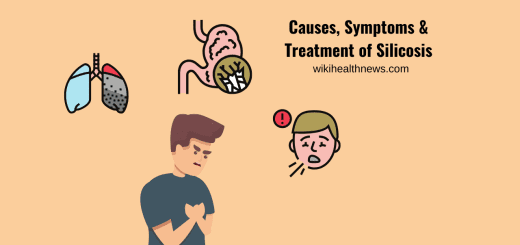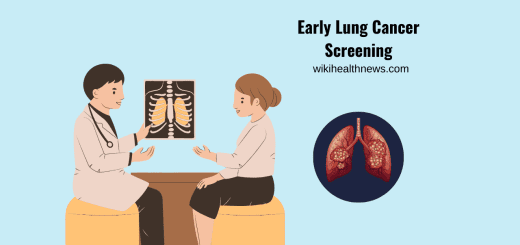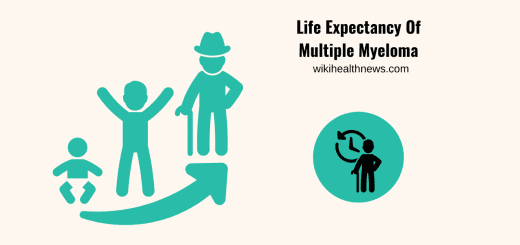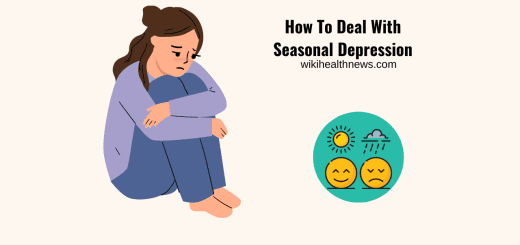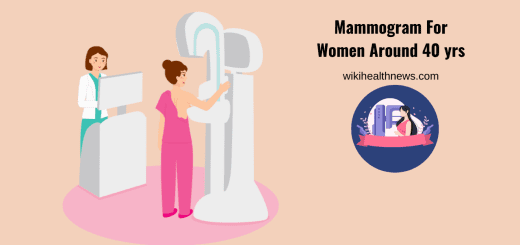Symptoms Of Excess Sodium In Food
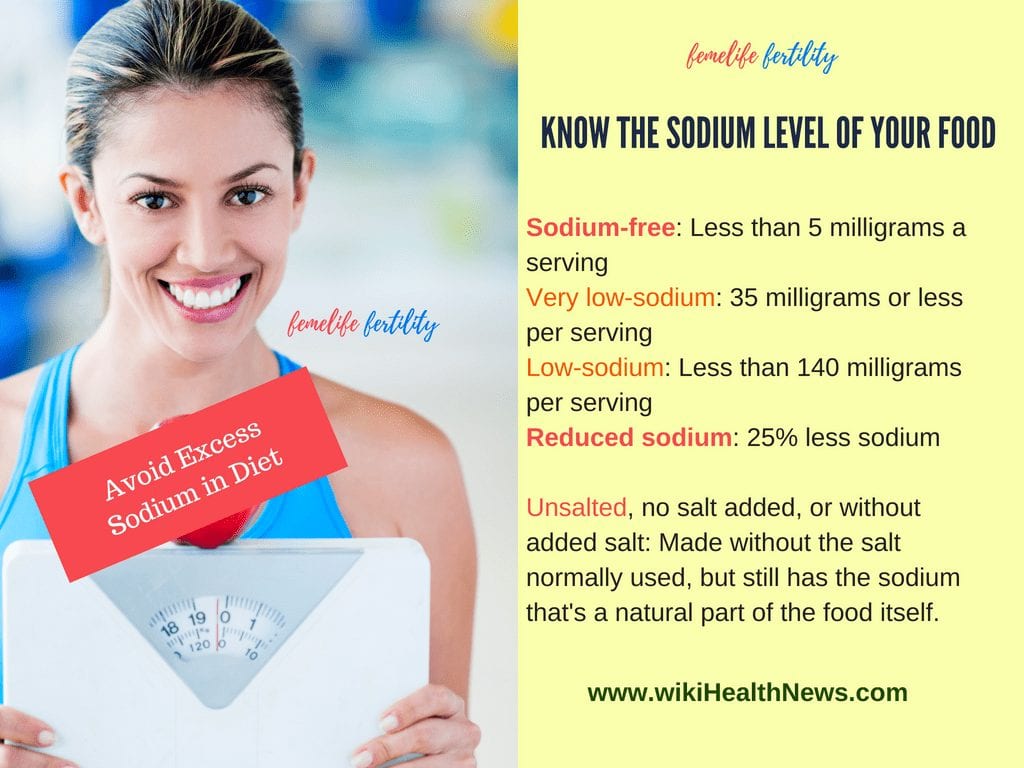
The kidneys are the organs in the body which keep up with the excess sodium in the bloodstream. As sodium accumulates in the body it draws water in to dilute the sodium. In this process both the amount of fluid surrounding cells and the volume of blood in the bloodstream increases. Increased blood volume creates more pressure on blood vessels and heart. Over time, the extra work and pressure can stiffen blood vessels, leading to high blood pressure, heart attack, and stroke. Excess sodium can also lead to heart failure.
Most of the sodium in our diets comes from packaged, processed foods. Eating these foods less often can help reduce sodium intake, lower blood pressure and/or prevent high blood pressure (HBP or hypertension) from developing.
What excess sodium in food can cause?
• High Blood Pressure –
A high sodium diet can lead to high blood pressure. About 1 in 6 children ages 8-17 years has raised blood pressure. High blood pressure is a major risk factor for heart disease and stroke. Lowering sodium in children’s diets today can help prevent heart disease tomorrow, especially for those who are overweight. The taste for salt is established through diet at a young age. Avoiding excess sodium in diet should be a habit from childhood.
• Kidney Disease-
Too much sodium can be harmful for people with kidney disease because kidneys cannot eliminate excess sodium and fluid from body. As sodium and fluid build-up in tissues and bloodstream, blood pressure increases. High blood pressure can cause more damage to unhealthy kidneys. This damage further reduces kidney function, resulting in even more fluid and waste build up in the body.
• Stomach Cancer –
Gastric cancer is closely associated with dietary factors, such as the intake of salt and salted food. Salted food intake may increase the risk of Helicobacter pylori infection, which promotes the development of stomach cancer. Excess sodium intake was first reported as a possible risk factor for stomach cancer in 1959.In some early studies, using refrigerators for food storage, which may be an indicator of less salted food consumption or decreased salt intake, was found to be correlated with a reduction in stomach cancer rates.
• Stroke –
Sodium is essential in regulating blood volume, blood pressure, osmotic equilibrium and pH, but excess intake of dietary sodium (salt) leads to fluid retention and subsequent rise in blood pressure. As blood pressure has a direct relationship to stroke incidence, the reduction in dietary sodium intake would reduce the risk of stroke. The reduction of dietary salt intake to approximately 1500 mg/d can reduce the risk of stroke, especially for aged population.
• Heart Failure-
Excess sodium intake markedly increases the risk of heart failure, this salt-related increase in heart failure risk can be independent of blood pressure. People who consumed more than 13.7g of salt daily had a two times higher risk of heart failure compared to those consuming less than 6.8g.
• Osteoporosis-
Excess sodium intake is an important risk factor for the development of osteoporosis along with other factors like insufficient physical exercise, alcohol, smoking, low calcium intake, low or high protein intake and high intake of phosphorus or caffeine.
• Kidney Stones –
A high-sodium diet can trigger kidney stones because it increases the amount of calcium in urine. Certain foods and drinks are unlikely to trigger kidney stones unless consumed in extremely high amounts. That may be because the body converts vitamin C into oxalate. High calcium excretion in urine due to excess salt intake causes oxalate levels to rise and predisposes to kidney stone formation.
• Enlarged Heart Muscle –
People who consume more than 3.7 grams of sodium a day were more likely to have enlargement in the left chambers of the heart that are responsible for pumping oxygen-rich blood into the body. They are also more likely to have signs of muscle strain in the heart that can precede structural damage due to excess salt.
• Headaches –
Diets containing excess sodium are implicated in pesky headaches, and this link may be independent of the “well-established link” between salt intake and high blood pressure, which is a common cause of headaches. Eating excess salt causes body to retain water, which increases blood pressure. Hypertension is mostly asymptomatic, but individuals with high blood pressure can experience more headaches than the general population. Usually headache may be a symptom of very high blood pressure known as a hypertensive crisis.
The American Heart Association recommends no more than 2,300 milligrams (mgs) a day and an ideal limit of no more than 1,500 mg per day for most adults, especially for those with high blood pressure. Even cutting back by 1,000 mg a day can improve blood pressure and heart health.
Fertility Treatment In Chennai
IVF treatment is an option for couples struggling with infertility. ICSI is an advanced fertility treatment for male infertility. This gives best success in the hands of expert IVF doctors and embryologists. Femelife is equipped with Best Fertility Treatment Infrastructure. Hence Femelife is the best IVF Centre in India. Services provided at Femelife Fertility are IUI, IVF, ICSI,PGD, Surrogacy and Donor egg programme. Pregnancy care, and laparoscopic surgeries are also done here by best fertility specialists. We are rated as the Best IVF clinics having Fertility specialists with world class experience among all IVF hospitals in Tamil Nadu, India.
Please visit IVF Centre






